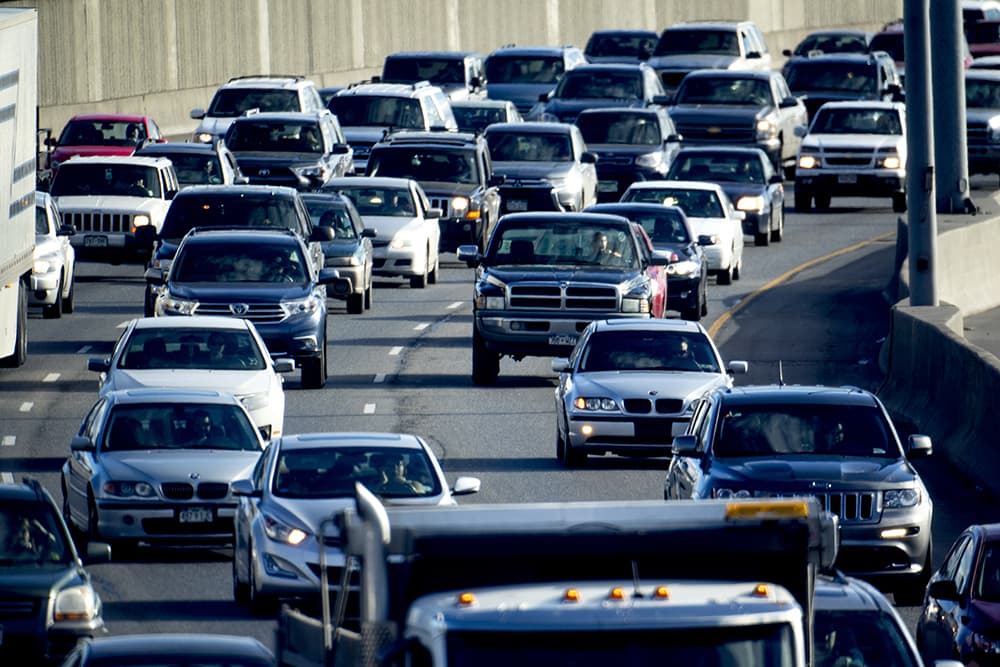
Colorado voters won't see a sales or gas tax increase for roads or other transportation needs on this November's ballot.
Representatives of the Colorado Contractors Association, which had been floating a number of potential ballot measures, including one that closely mirrored a roads sales tax that failed in the legislature, told Colorado Counties Inc. this week that they were looking instead to 2018, when incumbent legislators will also be on the ballot along with candidates for governor.
Colorado Politics first reported on the remarks to the county association Tuesday, and the contractors followed up with a press release Wednesday.
“We have not solved the problem,” said Tony Milo, executive director of the Colorado Contractors Association, said in a statement. “Our goal remains the same -- to establish a long-term, sustainable funding source that will address our transportation needs at the state and local level.”
“This is a problem that is not going away and it won’t solve itself,” Milo continued. “It doesn’t matter if you are a commuter trying to get to work, or a Mom driving kids to soccer practice, or a long-haul truck driver. The condition of our infrastructure is costing everyone time and money.”
As Joey Bunch noted in Colorado Politics, looking to 2018 could put legislators under pressure to put together their own solution during the session.
This is what lawmakers failed to do in 2017. A bill that would have asked voters to raise the sales tax by a half-cent to fund a $3 billion transportation and transit package with a significant sharing of money with local governments was killed by three Republicans on the Senate Finance Committee.
SB 267, an omnibus bill to save funding for rural hospitals, also included $1.8 billion in transportation funding, with a quarter of that money going to rural areas. Proponents of any measure on the ballot this year would have had to explain to voters why that isn't enough money -- even though just about everyone involved in transportation planning agrees that it isn't.
Many Republicans in the legislature have advocated taking money from other programs in the existing budget to fund roads through bonds. The libertarian Independence Institute has floated a ballot measure to force the legislature to do just that.
Another point in 2018's favor: The even-year electorate is larger and likely more liberal overall than the folks voting in an odd-year election -- though not as much so as in a presidential year. Nonetheless, as much as voters generally agree that roads need more money, neither sales tax increases nor gas tax increases have polled well.













